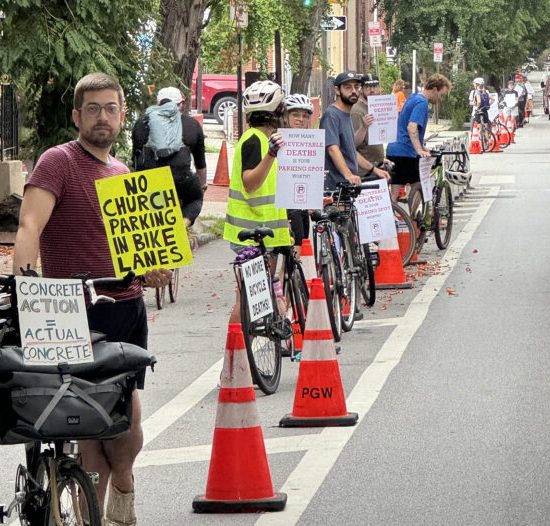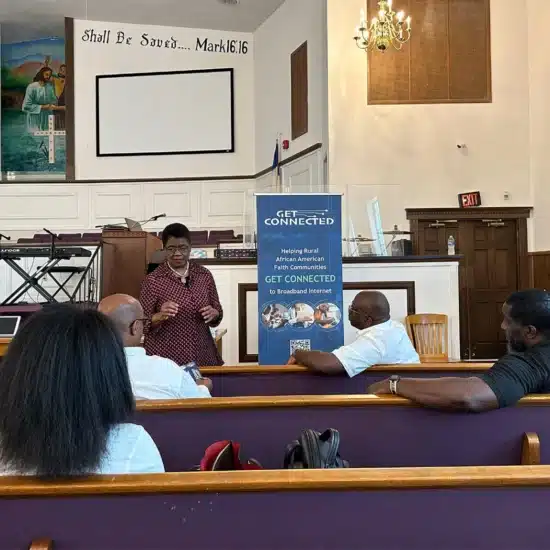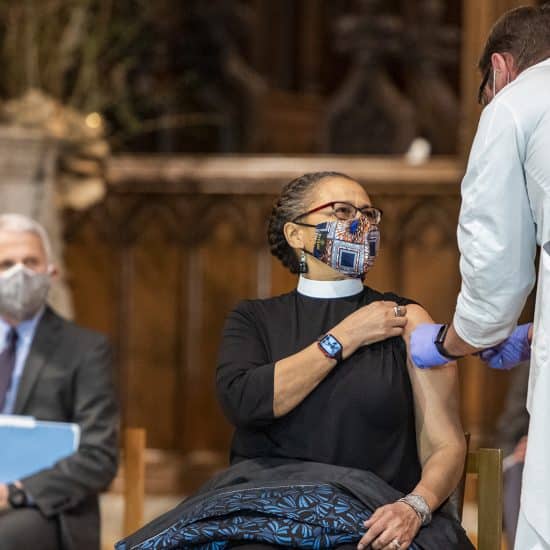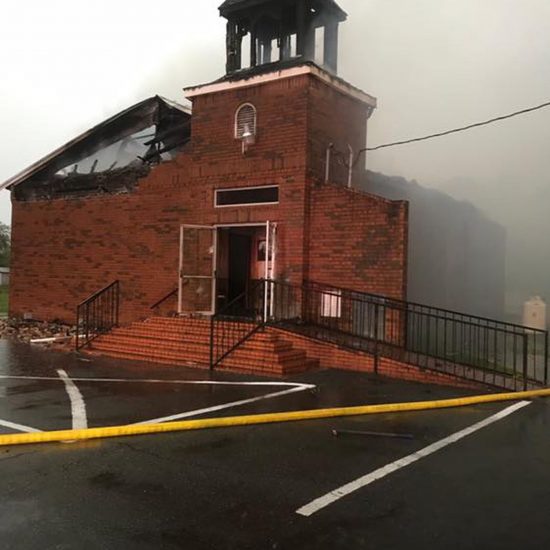Giving money to a person begging on a street corner may enable substance abuse or at least encourage dependency, many Christians conclude. Instead, they choose to contribute to a local food pantry or benevolence ministry.
But many of those ministries also struggle with the question: How can Christians meet needs in ways that really help the poor?
Some preach tough love.
“Giving to those in need what they could be gaining from their own initiative may well be the kindest way to destroy people,” said Robert Lupton, founding president of Focused Community Strategies Urban Ministries (fcsministries.org).
Lupton, author of Toxic Charity: How Churches and Charities Hurt Those They Help (And How to Reverse It), insists Christians never should do anything for the poor that they have the ability to do for themselves.
“For disadvantaged people to flourish into their full, God-given potential, they must leave behind dependencies that impede their growth,” he writes. “Initiatives that thwart their development, though rightly motivated, must be restructured to reinforce self-sufficiency if they are to become agents of lasting and positive change.”
Lupton insists “one-way” giving should be limited to emergencies such as natural disaster — and then only for a short time. He encourages micro-lending and investing to encourage small business initiatives, urging that grants be offered sparingly.
David Cosby, pastor of First Baptist Church of New Orleans, La., couldn’t disagree more. “True love is never toxic,” he wrote in a November 2011 column for sbctoday.com (sbctoday.com/2011/11/16/one-way-charity). “The very idea of toxic love attacks the foundation of Christian ethics and the central truth of human experience.”
The New Testament Greek word agape means “one-way, unconditional love,” and that is the kind of love Christians are commanded to show, Cosby insists. “If I expect something in return for my supposed ‘charity,’ that is not charity at all but an economic exchange,” he wrote.
Cosby acknowledged Lupton’s point that “efforts at social activism may indeed harm the recipients instead of helping them.” But he fears acceptance of the concept of “toxic charity” could result in “the justification of evil attitudes and motives that were never true charity in the first place.”
Even some ministry providers who agree in part with Lupton’s call for empowerment insist they cannot become full-service employment agencies or experts in community renewal. Their ministry may be able to focus only on one need, such as providing food for families or individuals who need help.
Toni Medina, coordinator of the food pantry at First Baptist Church in Elgin, Texas, recognizes without the help her church provides, some families in her community east of Austin would suffer.
In 2009, 27 percent of Elgin residents lived below the poverty line, compared to a state average about 23 percent. More than 11 percent of Elgin residents reported income below 50 percent of the poverty line. Single-parent households headed by women comprised more than three-fourths of the poor families in Elgin. “There’s great need in Elgin, and we don’t want to turn people away,” she said.
The food pantry, which receives support from the Texas Baptist Hunger Offering, has safeguards and systems in place to avoid abuse. The Elgin food pantry lacks the resources to provide job training or placement for the unemployed, but workers do their best to provide referrals and link people in need to available services, Medina said.
Still, she wishes volunteers could do more to develop meaningful relationships with the people they serve. “That weighs heavy on my heart. We’re first of all a ministry of the church, not just a program,” she said.
That desire to minister to people as individuals, not just maintain a benevolence program, reflects an important step for any Christian ministry to the poor, said Gerald Davis, community development strategist with the Baptist General Convention of Texas. “Seek the Lord’s direction in putting in place a holistic strategy that goes beyond the handout,” Davis suggested.
He recommends churches develop benevolence strategies with input from recipients. Churches need to understand the causes of poverty and implement effective ways to respond to the specific needs in a community, he said.
“Seek ways of entering into the lives of those you are assisting — or needing to assist — and develop ministries or partner with other agencies that holistically meet the needs of those who continue to come to the benevolence door,” he said.
Joshua and Jessica Hearne understand what it means to enter into the lives of the people they want to help. The Hearnes serve as self-funded Cooperative Baptist Fellowship missionaries living and working with Grace and Main — an “intentional Christian community” among the poor in Danville, Va.
They open their home to provide overnight lodging for homeless people, as well as providing meals, medicine, substance abuse recovery ministries and the gospel. Hearne firmly believes Christians should build communities and congregations that cultivate relationships among the marginalized.
“Social programs don’t change lives. Relationships change lives,” he said. “As such, we should fill our meals, homes and lives with those least able to pay us back and cultivate the kind of equal and dignity-preserving relationships that allow us to struggle together toward a common goal. If we do that, enabling and dependency fade in the light of love.”
Ken Camp is managing editor of the Baptist Standard.






